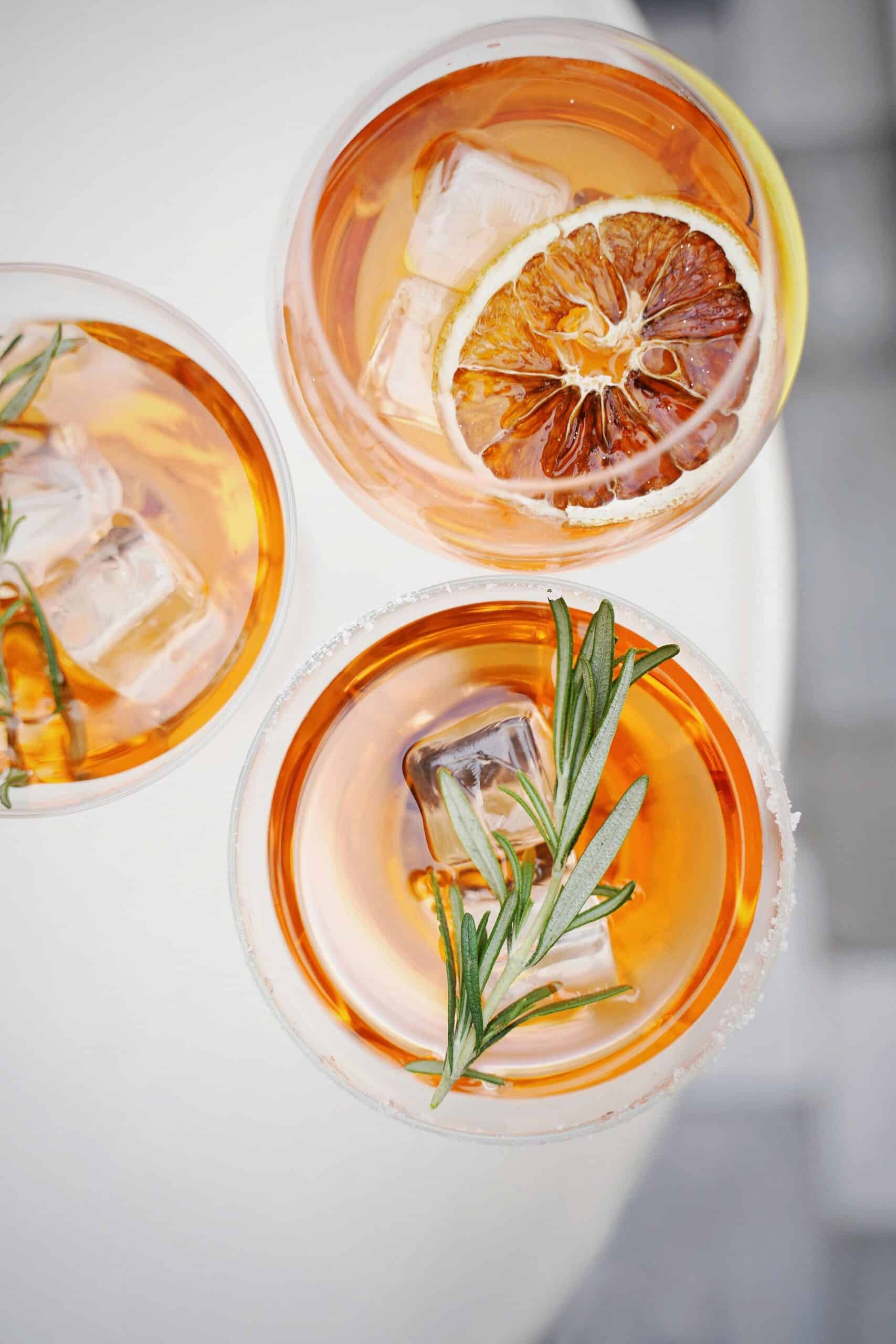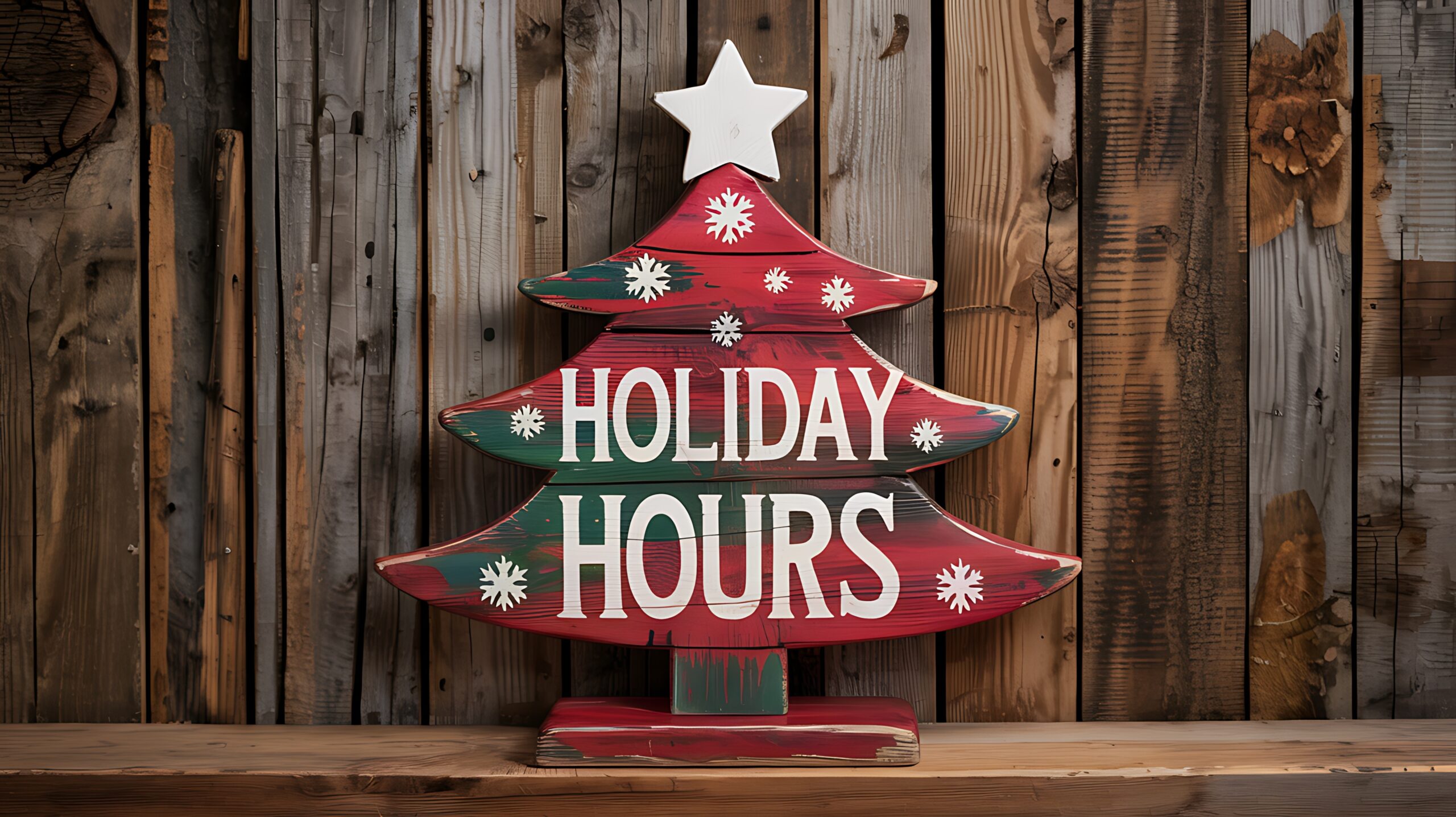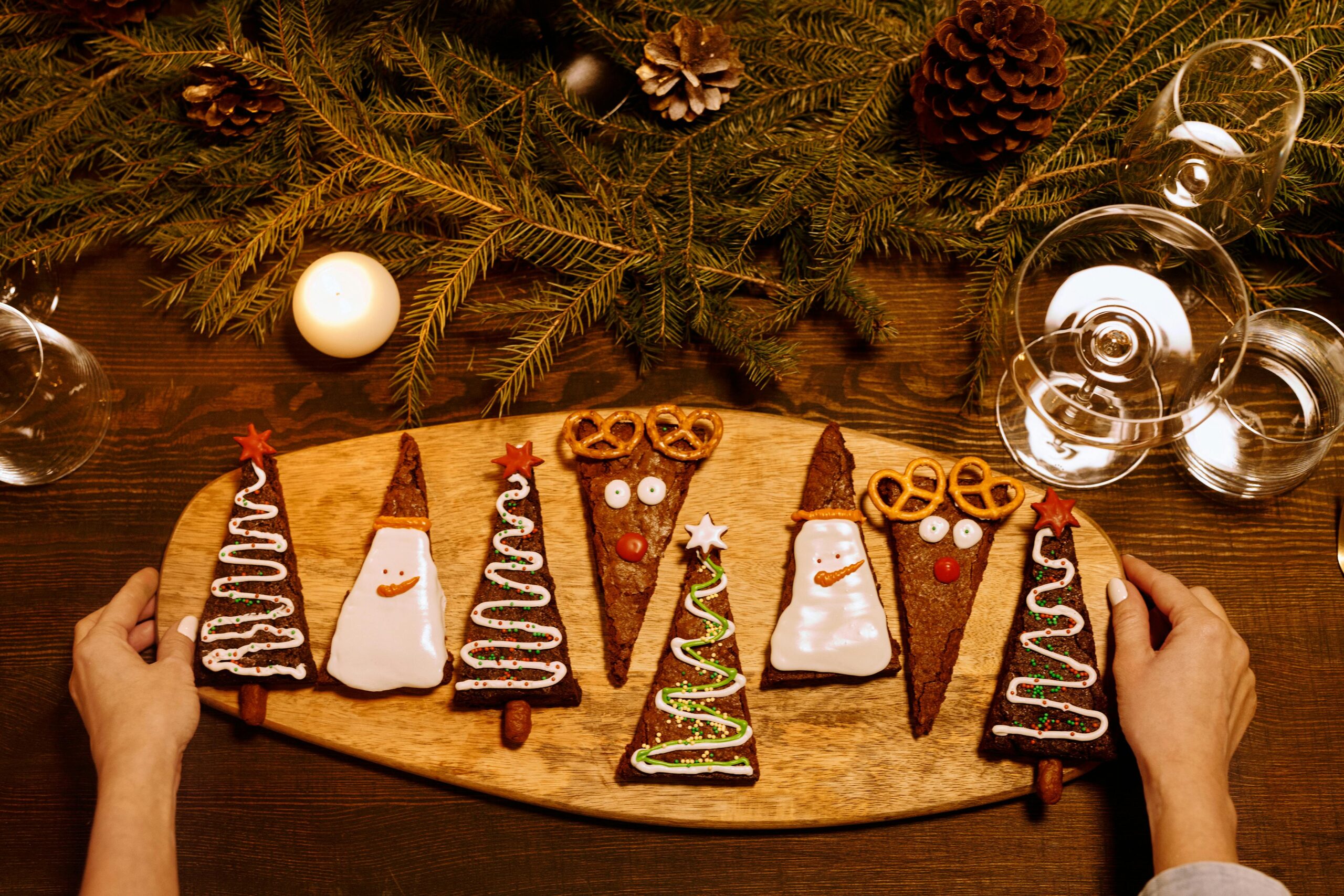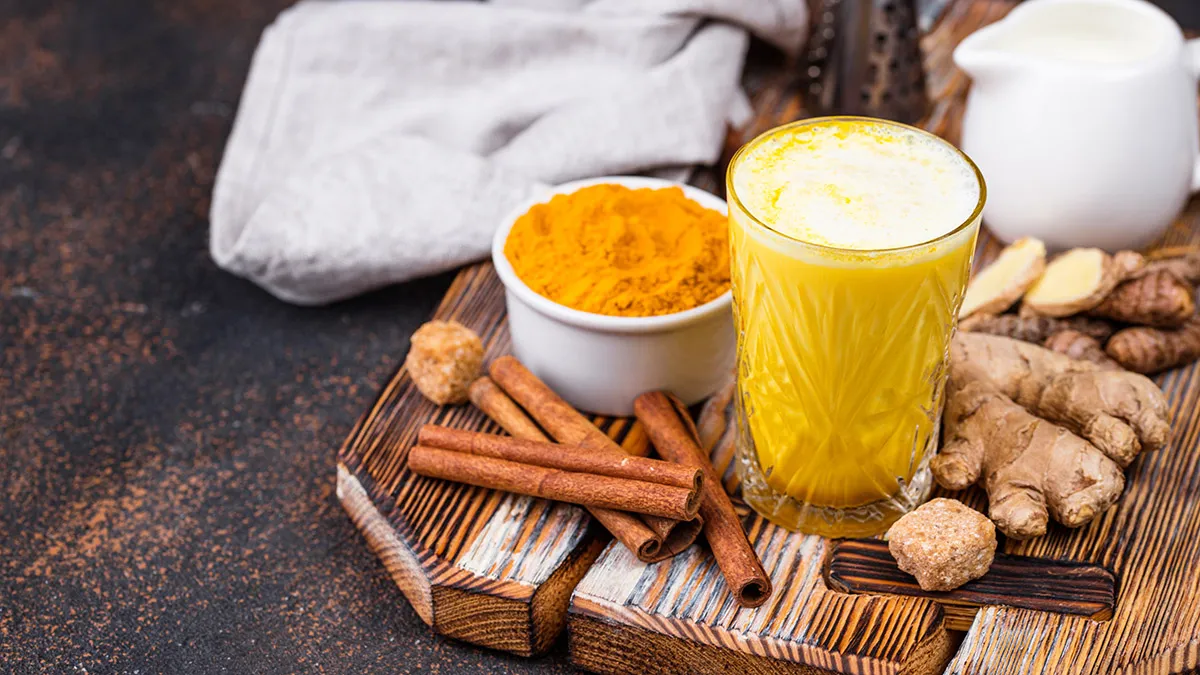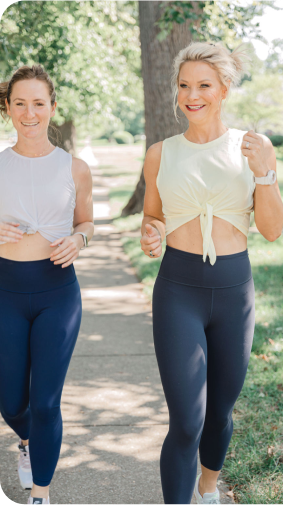Alcohol and weight loss: can you have the best of both worlds?
On your weight loss journey, you’re doing your best to stay on track: calories, workouts, and more. Surely enjoying a glass of wine after a long day of calorie and macro counting can’t hurt, right?
The short answer: it’s complicated.
There are three main ways alcohol impacts your progress, and they might surprise you.
Before we dive into the drinking glass, let’s get one thing clear: I’m not anti-alcohol. “Everything in moderation” could be my motto. Long-term weight loss is about finding balance and knowing how food and drink, including alcohol, affect your body and your goals.
Once you understand the facts, it becomes easier to make mindful decisions about what you drink. So, let’s break it down.
Alcohol Has Big Caloric Consequences
We’ve all heard it—alcohol equals empty calories. But what does that really mean? Well, alcohol is the fourth macronutrient, right behind carbs, proteins, and fats. Every gram of alcohol contains 7 calories, which may not seem like a lot at first, but it adds up quickly, especially if you’re not counting it. Unlike carbs, proteins, and fats, alcohol doesn’t provide any nutrients or benefits—just calories.
Let’s say you have a small glass of wine with dinner. That’s about 100 calories. Not bad, right? But few of us stop at a 4oz pour. Liquor alone also contains about 100 calories per serving, but who’s sipping on a shot of vodka and then calling it a night? We’re almost always mixing our liquor with lots of other (calorically costly) ingredients.
Many mixed drinks, like margaritas or a Jack and Coke, come loaded with extra sugar and carbs. A margarita can easily hit 300 calories. If you’re downing three Dirty Martinis at girl’s night or day-drinking Daiquiris on the weekend, you’ll blow past your calorie and macro goals.
While one drink now and then might not make a huge difference, regularly sipping cocktails can seriously mess with your calorie goals. If you’re in a season of cutting or trying to stay in a caloric deficit, those “few drinks” could be the hidden factor that’s slowing your progress.
Alcohol Manipulates Your Metabolism
Next, let’s talk about your metabolism. If you’ve heard the rumor that alcohol slows it down,
I’m sorry to say, it’s true.
Here’s how it works: alcohol is considered a toxin by your body. So, whenever you drink, your body’s number one priority becomes breaking down and getting rid of the alcohol. That means your body pauses everything else—like metabolizing the food you just ate—to deal with the alcohol first.
For example, imagine that you sit down to a nice dinner with chicken, veggies, and a baked potato. Normally, your body would start breaking down those proteins, fats, and carbs right after the meal. But if you add a glass of wine to the mix, your body hits the brakes on the chicken and veggies and goes into overdrive trying to process the alcohol.
Here’s the really bad news. It takes about 4-6 hours for your body to metabolize alcohol, so during that time, your metabolism is slower. If you’re drinking every day or several times a week, you’re constantly hitting the pause button on your metabolic rate.
If you’re aiming for weight loss, you want your metabolism working for you, not against you. Drinking occasionally (think: once, maybe twice a week) is fine. But if you’re a nightly wine drinker, it could be time to reassess. By drinking less often, you’re giving your metabolism more time to burn fat and process nutrients efficiently.
Alcohol Sabotages Your Sleep
Finally, let’s look at the health habit we all need more of—sleep. Good sleep is crucial for weight loss, metabolism, hormone balance, and just about everything else related to your health. Alcohol, though (even a small amount of it) can seriously mess with your sleep quality.
You might feel like you sleep like a baby after a couple of drinks, but alcohol disrupts your natural sleep cycle. Instead of going through the normal sleep stages, your body spends less time in deep, restorative sleep—specifically REM sleep, which is essential for memory, recovery, and overall well-being.
You might still clock eight hours, but the quality of that sleep will be significantly lower. And poor sleep? That leads to a sluggish metabolism, increased cravings, less ability to build muscle, and a harder time sticking to your healthy habits. It’s a vicious cycle.
Plus, alcohol can make you wake up during the night, mess with your breathing, and leave you feeling groggy the next morning. When you’re tired, your body’s hunger hormones go haywire, making you more likely to crave high-carb, high-fat foods.
The day after drinking, we all want to raid the pantry for the chips and dip or grab something crave-worthy at the drive-through. Our healthy habits and goals suddenly become a lot harder to reach.
So, Can You Drink and Lose Weight?
The big question: can you still enjoy alcohol and reach your weight loss goals?
Yes. But with a few caveats…
If weight loss is your goal:
- Limit your alcohol consumption to once or twice a week, max.
- Choose drinks that are lower in calories, like a vodka soda or a glass of dry wine, and be mindful of what you’re mixing. Skip the sugary mixers and opt for club soda or sparkling water instead.
- And, if you’re really serious about your goals, consider cutting alcohol altogether, at least for a while. You’ll be surprised how much faster you see results. Once you’re in maintenance mode, then you’ll be able to get away with alcohol more often.
It’s all about balance. You don’t have to be perfect or completely cut out alcohol to hit your goals. Just be mindful of the impact it has on your body—whether it’s slowing your metabolism, disrupting your sleep, or sneaking in extra calories. Once you’re aware of how alcohol might be holding you back, it becomes easier to make choices that support your health and weight loss journey.
So next time you’re faced with the choice between a cocktail or mocktail (this one’s my favorite), you’ll know exactly what to do. Your metabolism, sleep, and waistline will thank you for it.
Want more low calorie drink ideas? Download my free Low-Calorie Drink Guide.
